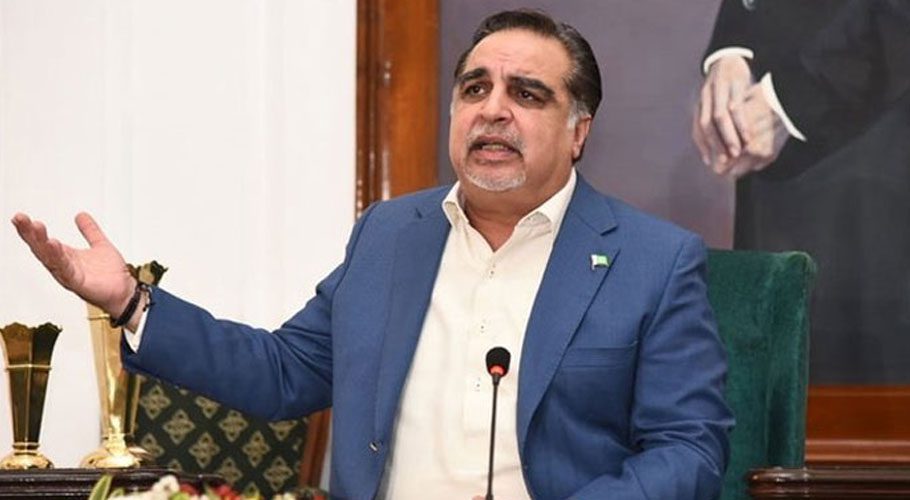KARACHI: Governor Sindh Imran Ismail showed his disapproval over the Sindh Local Government (Amendment) Bill, 2021 recently approved by the Sindh assembly, saying it was passed irresponsibly in haste.
Speaking to media, Governor Imran Ismail said the Muttahida Qaumi Movement – Pakistan (MQM-P) and other lawmakers called on him and deliberate over the outcome of the bill. He said the Pakistan Peoples Party (PPP) should have presented the bill in the assembly and to get it approved diligently.
Earlier, the governor also tweeted on the matter saying the bill contradicts article A-140 of the Constitution as it neither include debate nor addresses objections raised on it. He reassured the opposition members of doing everything within the authority.
Pakistan Tehreek-e-Insaf (PTI) Karachi chapter president, Khurrum Sher Zaman, termed Sindh’s new local government bill a ‘black law’. He strongly criticised the Sindh government for approving the new local government law in a hurried manner. He said that the local government amendment bill was presented by the provincial government without following democratic norms.
He alleged that the provincial government had prioritised its interests in the new law. He said that Sindh government had earlier split Karachi by forming districts and now new towns are being formed to further divide the city.
Sindh LG Amendment bill
The Sindh Assembly on Friday unanimously passed the Sindh Local Government (Amendment) Bill, 2021. Despite objections from the Opposition, Minister for Local Government Syed Nasir Hussian Shah presented the bill in the provincial assembly.
Opposition members said they were not taken into confidence regarding the new local body government and staged a protest. They carried placards in front of the speaker’s dice, chanted slogans, and boycotted the proceedings, however, the amendment bill was passed unanimously.
Under the new bill, the Sindh government will take over the management of the Abbasi Shaheed Hospital, Sobhraj Hospital, Leprosy Centre, and Sarfraz Rafiqi Hospital, along with the management of Medical and Dental College which previously fell under Karachi Metropolitan Corporation (KMC).
Meanwhile, the control of education and health departments will also be taken away from the local bodies.
The Department of Births and Deaths and Infectious Diseases was withdrawn from the local bodies.
There will be a system of corporations and towns in major cities of Sindh, including Karachi, while the vice-chairman of union committees will be members of the town municipal council. The mayor and deputy mayor will be elected from among the members of the town municipal council.
With a population of at least 5 million, there will be a metropolitan corporation and the term of local government representatives will be four years. The bill abolishes District Municipal Corporations (DMCs) and replaced them with towns.



































